19 GPTs for Evidence Synthesis Powered by AI for Free of 2026
AI GPTs for Evidence Synthesis are advanced generative pre-trained transformer models specifically designed to aggregate, analyze, and synthesize evidence from a vast array of sources. These tools leverage the power of machine learning and natural language processing to efficiently process and integrate diverse data types, making them invaluable for tasks requiring comprehensive review and interpretation of information. By automating the synthesis of evidence, they provide tailored solutions that enhance decision-making and research across various domains.
Top 10 GPTs for Evidence Synthesis are: ResearchGPT,EBM Systematic Review Guide,Systematic Review Writer,The Physio Assistant,EvidenceHunt,ROB2 helper,Bias Bee - version RCT,RESUMEN Médico-Sanitario INTELIGENTE,Systematic Review Screener,PRISMA Review Assistant
ResearchGPT
AI-powered insights for research tasks

EBM Systematic Review Guide
Empowering Evidence-Based Medicine with AI
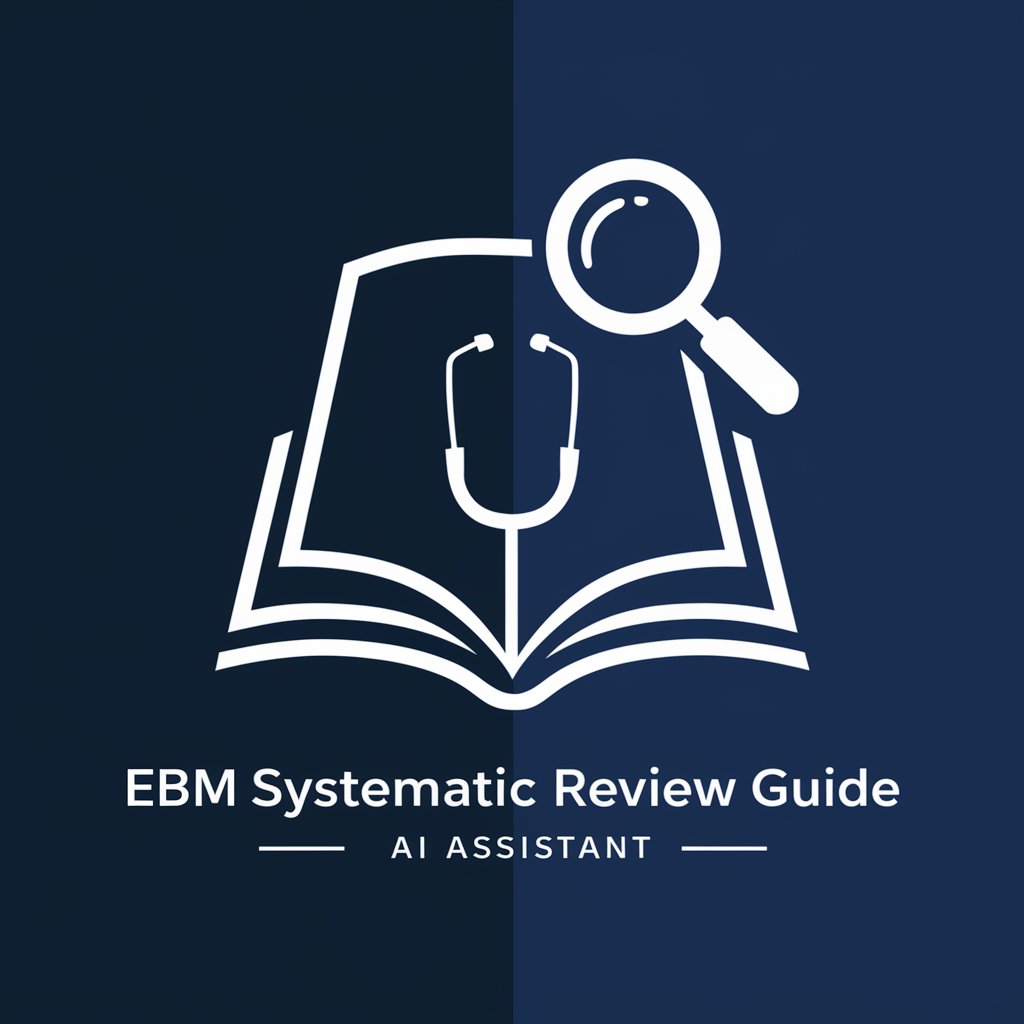
Systematic Review Writer
Powering Research with AI

The Physio Assistant
Empowering Therapy with AI Insight

EvidenceHunt
Unlocking Medical Insights with AI
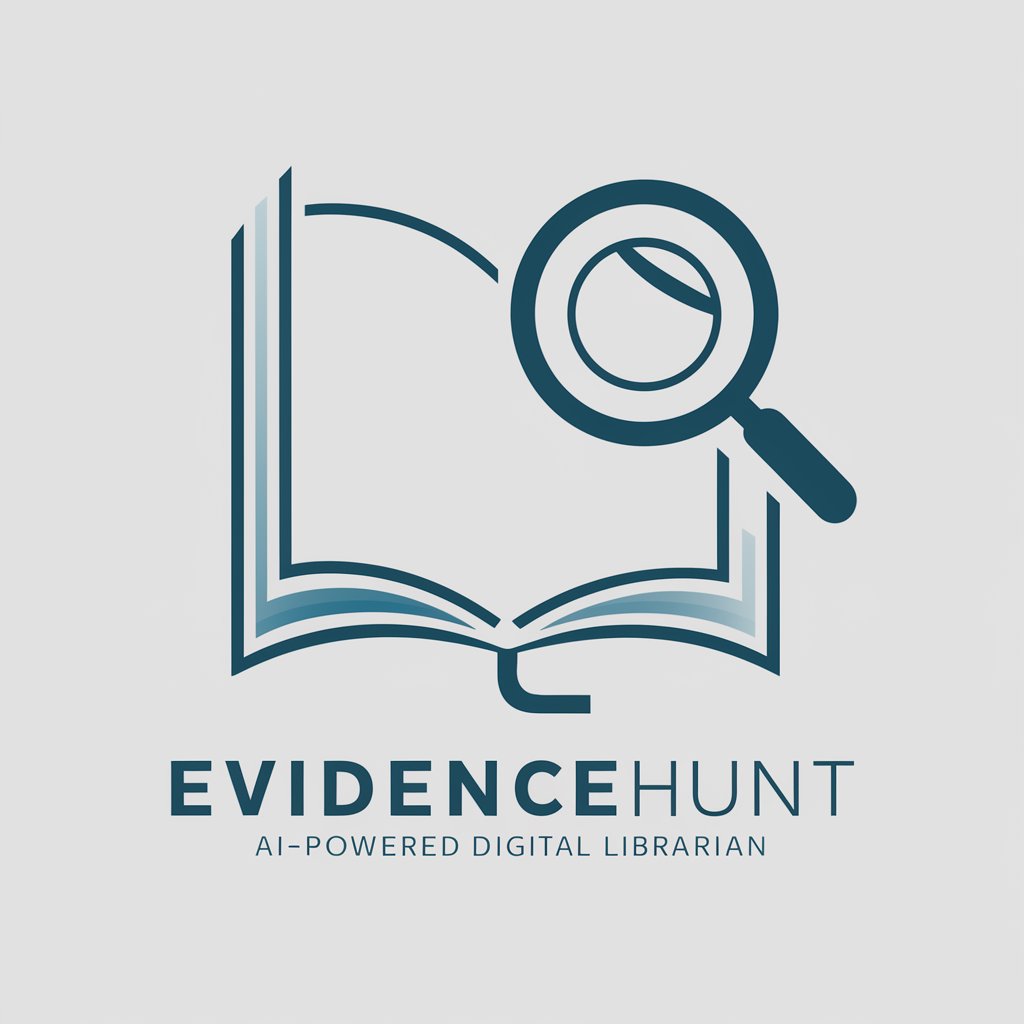
ROB2 helper
AI-powered Bias Detection in Research

Bias Bee - version RCT
Streamlining RCT Bias Assessment with AI
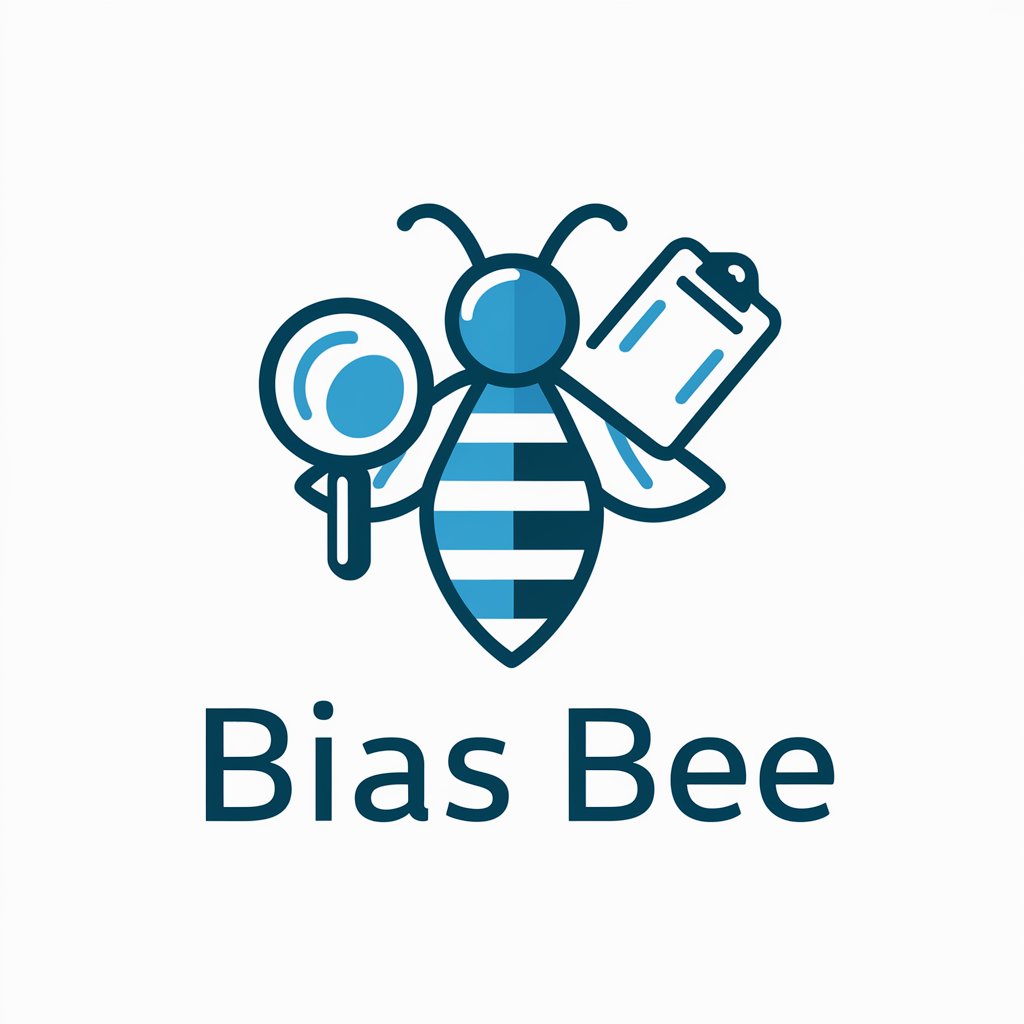
RESUMEN Médico-Sanitario INTELIGENTE
AI-powered insights from medical literature

Systematic Review Screener
Streamlining systematic reviews with AI
PRISMA Review Assistant
Streamline Your Reviews with AI-Powered Precision
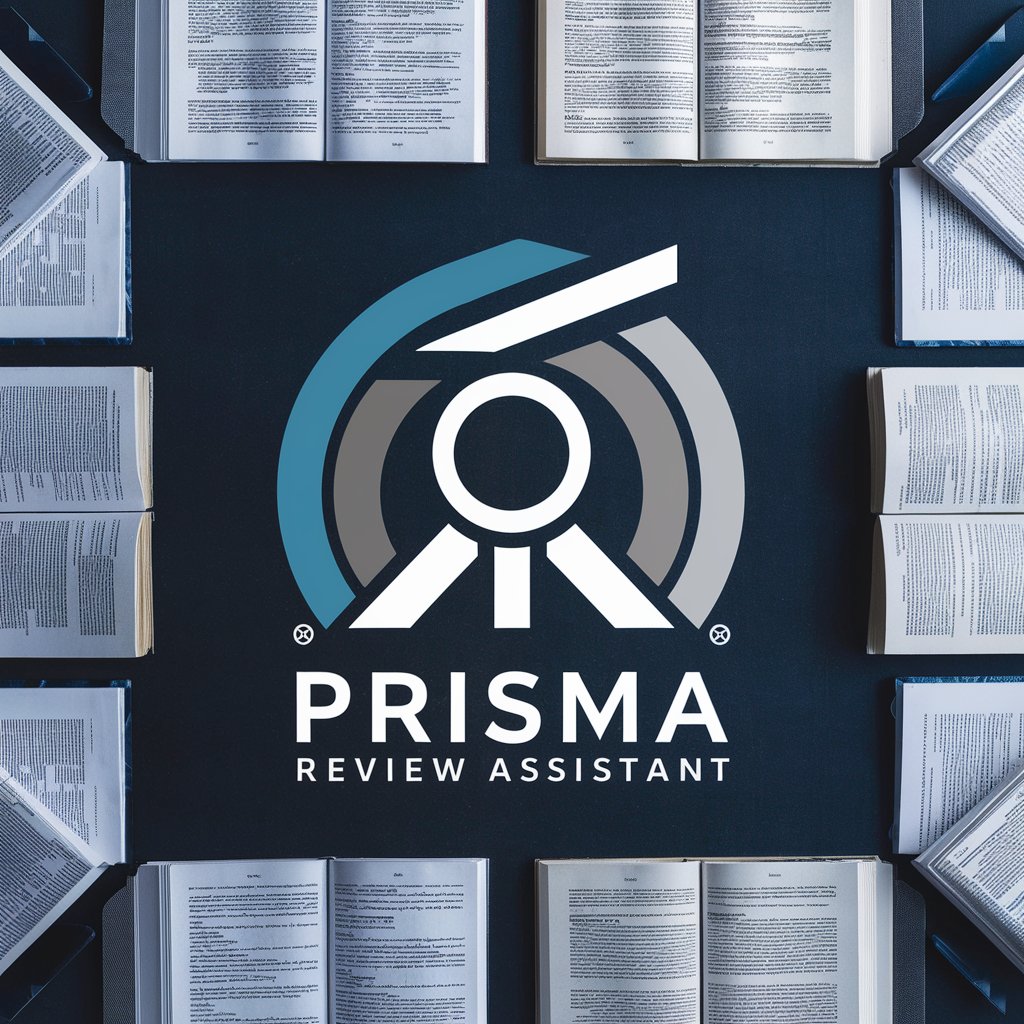
Healthcare Research Paper Finder
Empowering Research with AI-driven Insights

PICO太郎
Demystifying medical research with AI

Health Research Summarizer
AI-driven insights into health research

MediSummary
Streamlining Medical Research with AI

Systematic Review Abstract Screener
Automate research screening with AI-powered precision.
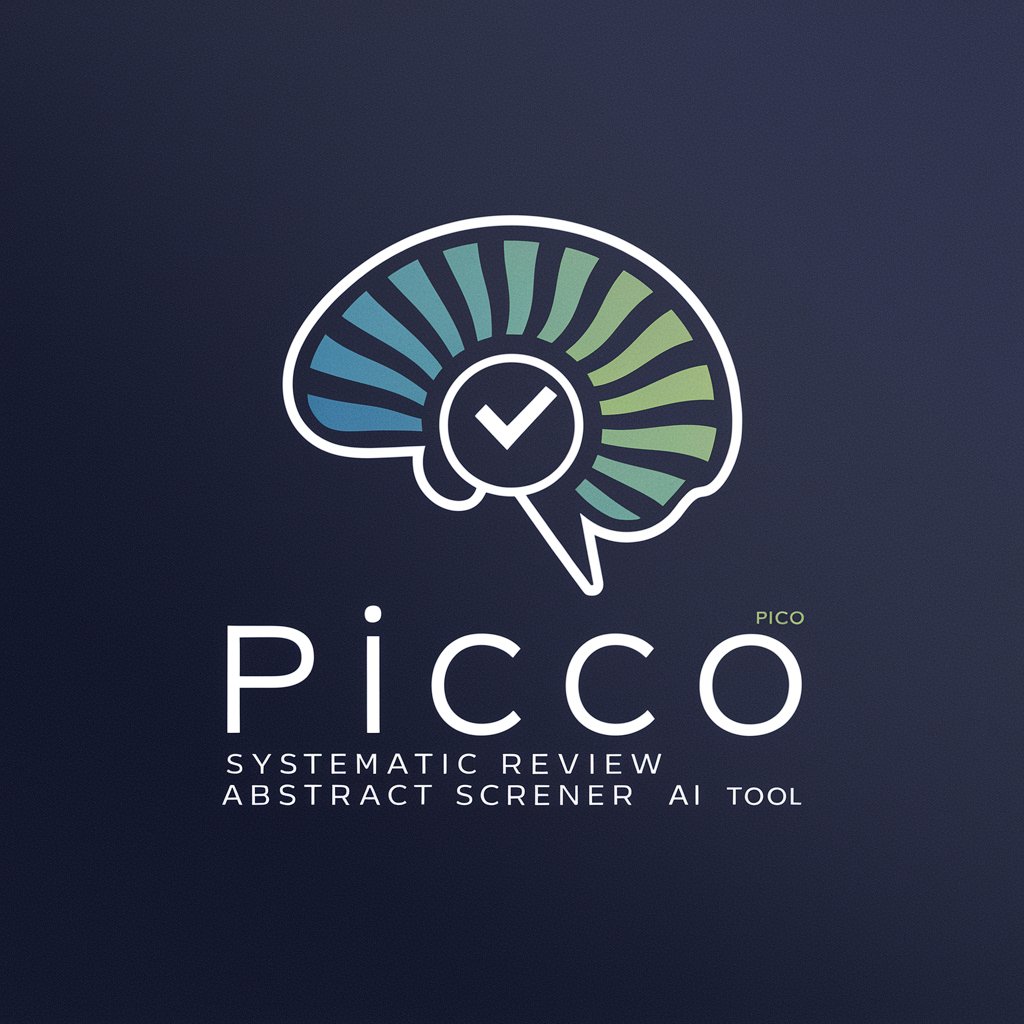
IRDS consultant
Navigate neonatal RDS with AI-powered guidance

Meta Analyst
AI-powered healthcare data meta-analysis
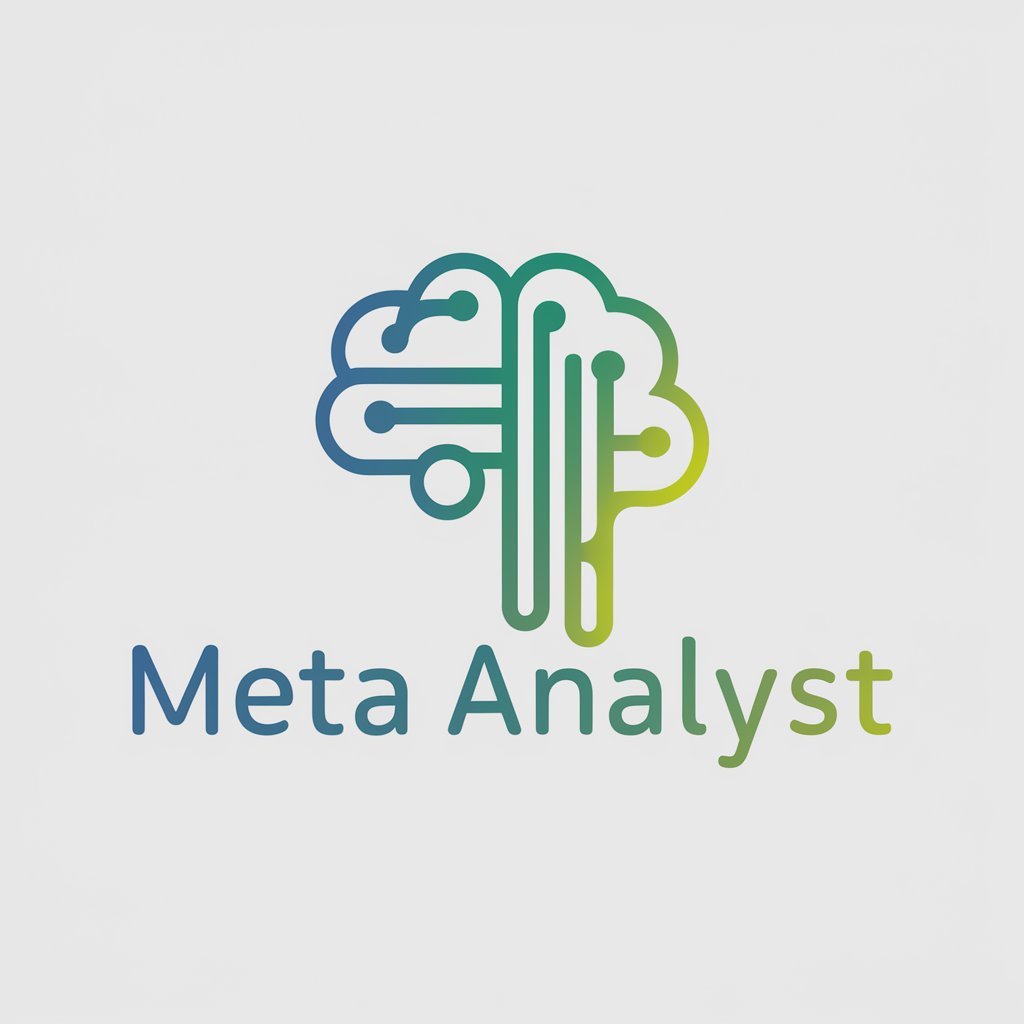
Scholar Searcher
Powering research with AI-driven insights.
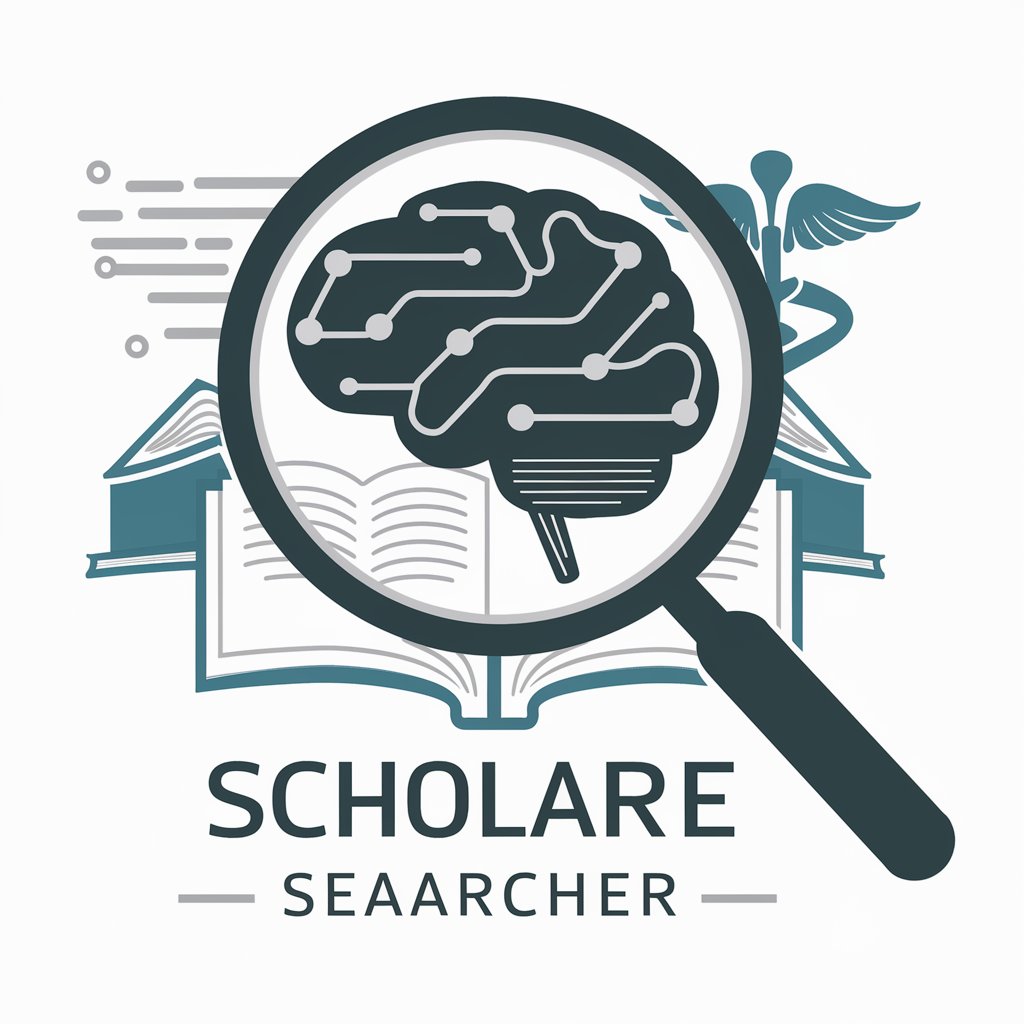
MeSH Search Expert
Streamline Your Medical Research with AI-Powered MeSH Searches
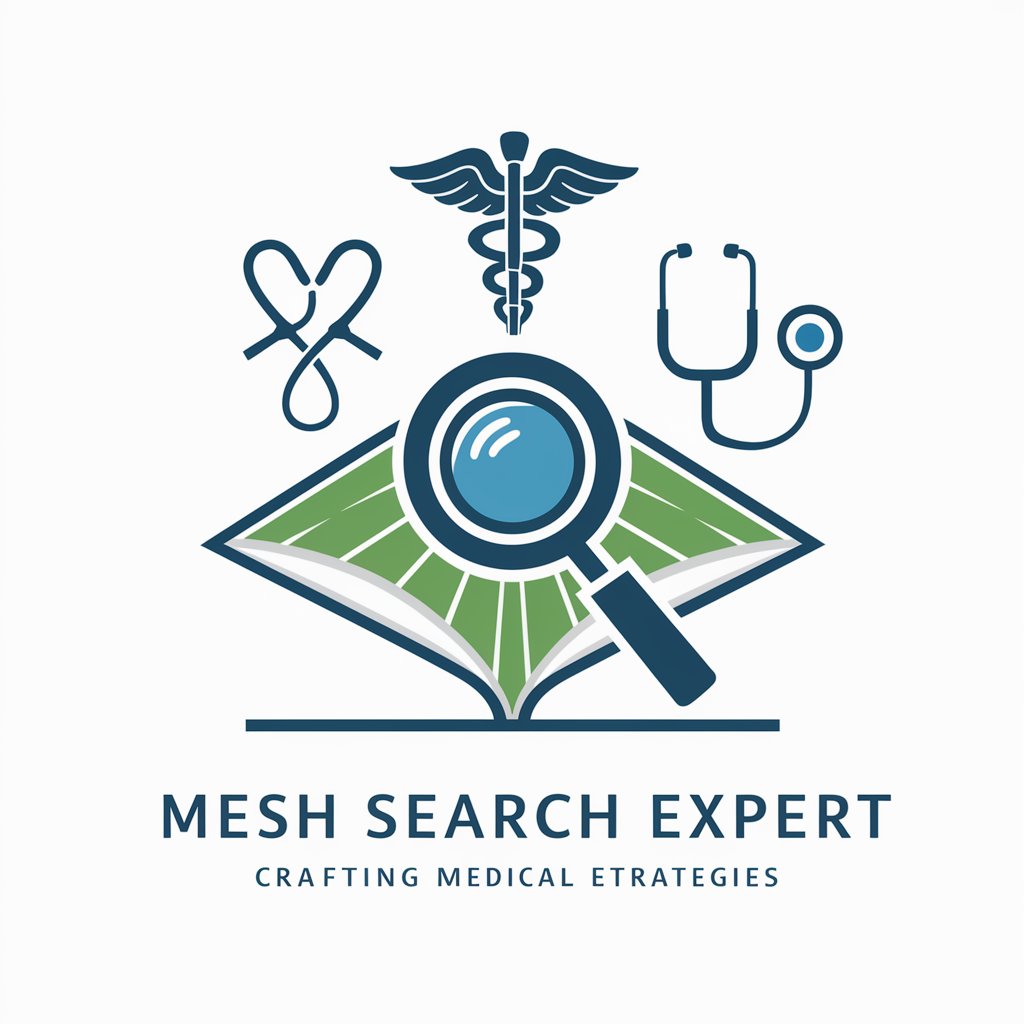
Key Attributes of Evidence Synthesis AI
These GPT tools stand out due to their ability to adapt across a spectrum of evidence synthesis tasks, from aggregating initial data to generating nuanced insights. Features include sophisticated language understanding, which enables them to process technical and specialized texts; web searching capabilities for gathering the latest information; image creation for visual data interpretation; and advanced data analysis functions. Their adaptability allows for customization from basic overviews to in-depth analyses, catering to different complexity levels within evidence synthesis.
Who Benefits from Evidence Synthesis AI?
AI GPTs for Evidence Synthesis are designed for a wide audience range, including students, researchers, policy-makers, and professionals in various fields seeking to consolidate information and insights from multiple sources. They are accessible to novices without programming skills, thanks to user-friendly interfaces, while offering advanced customization options for developers and data scientists who require more sophisticated analyses.
Try Our other AI GPTs tools for Free
Engagement Tips
Discover how AI GPTs for Engagement Tips can transform your user engagement strategies with personalized content, real-time support, and in-depth analytics.
Platform Versatility
Discover the transformative potential of AI GPTs for Platform Versatility, offering tailored solutions across various digital platforms to enhance productivity, creativity, and innovation.
Biblical Inquiry
Discover AI GPTs for Biblical Inquiry: tailored AI solutions enhancing the study, interpretation, and educational exploration of biblical texts.
Scriptural Clarification
Unlock the depths of sacred texts with AI GPTs for Scriptural Clarification, your digital companion for theological exploration and understanding.
Devotional Resource
Discover how AI GPT tools for Devotional Resource can transform your spiritual practice with personalized prayers, meditations, and sacred texts.
Representation Research
Explore AI GPTs for Representation Research: Tailored AI solutions for in-depth analysis and generation of diverse representations, accessible to all levels of expertise.
Expanding Horizons with Evidence Synthesis AI
GPTs for Evidence Synthesis are revolutionizing how we approach data analysis and decision-making, providing customized solutions across sectors. Their user-friendly interfaces facilitate accessibility, while the potential for integration with existing systems or workflows offers seamless adoption. These tools not only enhance efficiency but also open up new possibilities for evidence-based insights.
Frequently Asked Questions
What is AI GPT for Evidence Synthesis?
It's a type of AI that utilizes generative pre-trained transformers to aggregate, analyze, and synthesize information from diverse sources, streamlining the creation of comprehensive evidence reviews.
Who can use these AI GPT tools?
They are accessible to a broad audience, including academic researchers, policy analysts, healthcare professionals, and anyone interested in synthesizing evidence from various data sources.
Do I need programming skills to use these tools?
No, many of these tools are designed with user-friendly interfaces for those without programming expertise, though programming skills can enhance customization and analysis capabilities.
Can AI GPTs for Evidence Synthesis handle data from different fields?
Yes, they are designed to process and integrate data across a wide range of disciplines, making them versatile tools for evidence synthesis.
How do these tools adapt to different complexity levels?
They offer scalable solutions, from simple data aggregation to complex analysis and insight generation, allowing users to tailor the tool's functions to their specific needs.
What makes AI GPTs for Evidence Synthesis different from other AI tools?
Their ability to understand and synthesize complex and specialized information sets them apart, along with their adaptability to various tasks and user requirements within evidence synthesis.
Can these tools integrate with existing systems?
Yes, many GPTs for Evidence Synthesis are designed to be integrated with existing databases and software, enhancing workflow efficiency.
What are the potential applications of AI GPTs in Evidence Synthesis?
They can be used for systematic reviews, policy analysis, academic research, healthcare decision-making, and anywhere comprehensive evidence integration is needed.